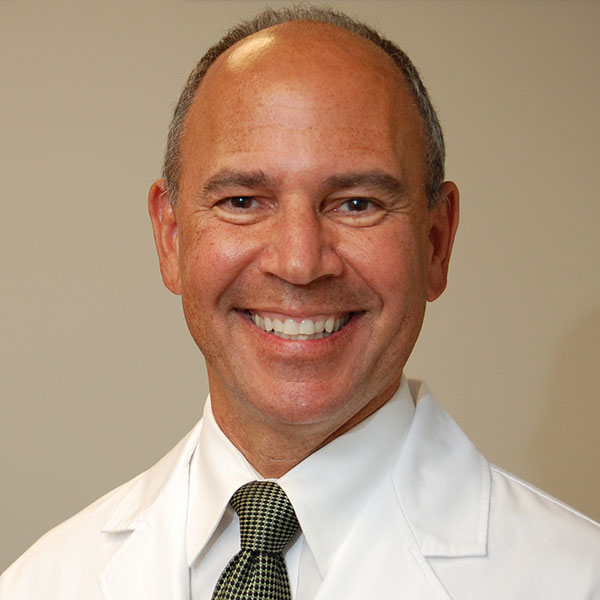
Bone-deep exhaustion not eased by rest, lasting six months or more. Brain fog. Pain. These and other symptoms are hallmarks of myalgic encephalitis/chronic fatigue syndrome (ME/CFS). People who have it find their symptoms often spike after minor daily tasks, work, and other exertions.
A new CDC report estimates 3.3 million Americans — including many with long COVID — may have this tricky-to-diagnose condition. Below is one such story drawn from the Health Story Collaborative series on chronic illness, “Making the Invisible Visible,” which we’d like to share with our readers.
Telling authentic stories about illness
Millions of Americans live with chronic illness. But how authentically do we tell — or share — those stories? Chronic illness doesn’t inevitably strengthen us or lead to transformation, as popular cultural narratives often stress. It can feed the sense of being alone in a world of the well. And a long-term illness may not be diagnosed for years or unfold neatly from one clear point to the next.
As Dr. Annie Brewster, the founder and executive director of Health Story Collaborative (HSC), notes, “we can’t control what happens to us, but we can control the meaning we make.” Jonathan Adler, PhD, is chief academic officer of HSC and a psychologist who focuses on the healing power of narrative. Working together, the two have helped people dig deep to shape very personal stories and share truths about illness through audio, video, and art.
Sharing a story of life with chronic fatigue syndrome
Below we share a few moments from the experiences of Lili, a basketball-loving, hard-charging college student juggling theater roles, sports, and a heavy course load with apparent ease until crippling fatigue descended. (Edited and condensed from video.)
“I could hardly wake up to my alarm and drag my body along with me to classes and rehearsals,” Lili recalls. A treatable case of hypothyroidism — which does indeed cause fatigue — was merely round one. Stimulants prescribed by a therapist helped, but when graduation passed and she stopped taking them, bone-deep exhaustion flooded back, leaving her largely bedridden and without a diagnosis for endless months.
“My bones weighed 10 pounds. Thoughts flitted in and out but never stuck,” Lili says. Eventually a specialist in infectious diseases helped her put a name to the health issues so radically affecting her life. “With crippling fatigue, severe brain fog, and post-exertional malaise — crashes caused by activities such as talking, showering, eating, walking, texting — he told me that I qualified for a diagnosis of ME/CFS: myalgic encephalitis, better known as chronic fatigue syndrome.”
The losses of chronic illness are many. “When my body was taken away from me, I lost a huge part of my identity. In many ways being athletic and strong is a ginormous part of who I am — or who I was,” Lili says. “My mind no longer works the way it used to, like I got a critical software update but it didn’t quite download, so now I’m just stuck on the blue screen with the cursor blinking away.”
Lili’s path (or paths) forward isn’t yet clear. When you grapple daily with a chronic illness, recovery isn’t the golden arc shown in movies or popular in print. “Perhaps one day all of this will consolidate into one clear picture, but I think it will continue in this way — a messy, gappy, one-day-at-a-time kind of way,” she says. “There’s no resolution to my story. It’s still being written.”
View the full story Lili shared with the Health Story Collaborative (video sponsored by Harvard Pilgrim Health Care, Point 32 Health Foundation, and Tufts Health Plan)
About the Author

Francesca Coltrera,
Editor, Harvard Health Blog
Francesca Coltrera is editor of the Harvard Health Blog, and a senior content writer and editor for Harvard Health Publishing. She is an award-winning medical writer and co-author of Living Through Breast Cancer and The Breast …
See Full Bio
View all posts by Francesca Coltrera
About the Reviewer

Howard E. LeWine, MD,
Chief Medical Editor, Harvard Health Publishing
Dr. Howard LeWine is a practicing internist at Brigham and Women’s Hospital in Boston, Chief Medical Editor at Harvard Health Publishing, and editor in chief of Harvard Men’s Health Watch.
See Full Bio
View all posts by Howard E. LeWine, MD
